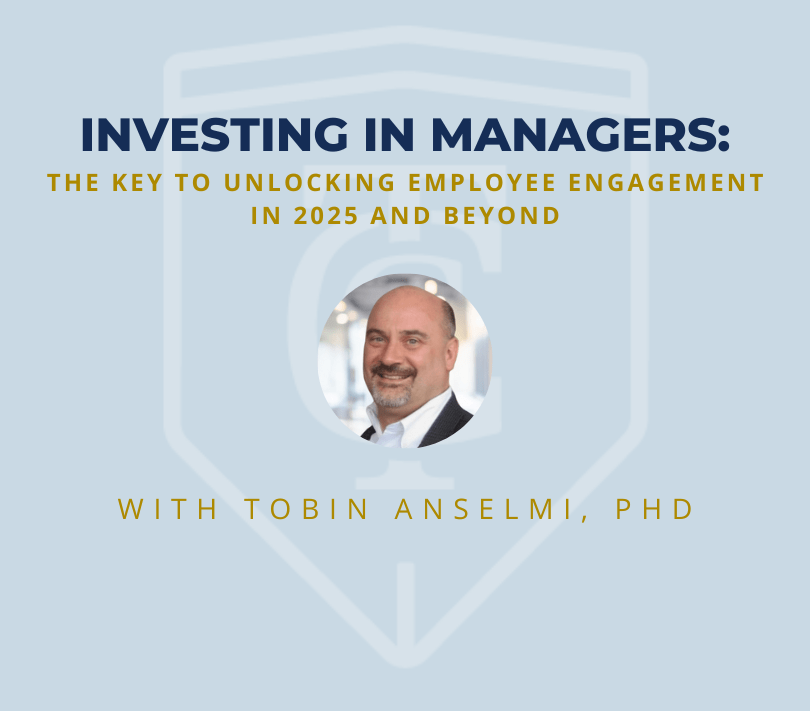
The strength of any organization is reflected through the capability and commitment of its managers. In the modern workplace shaped by hybrid models, technology integration, and lingering post-pandemic challenges, employee engagement has become a cornerstone of productivity, retention, and innovation. Managers often serve as the link between organizational strategy and the motivation of individual team members. Without strong support, their ability to inspire, guide, and develop their teams is diminished.
Why Managers Are the Primary Drivers of Engagement
Managers are more than task overseers; they are connectors between corporate objectives and personal purpose. When they model effective leadership, teams benefit from clarity of direction, trust, and a sense of belonging. These qualities form the foundation of psychological safety, which encourages employees to share ideas, take ownership of their work, and remain invested in outcomes.
On the other hand, managers who lack support or resources often face mounting pressures that can result in burnout. This in turn reduces their ability to motivate, retain, and develop talent. As challenges like hybrid work complexity, evolving technology, and competing demands continue to grow, organizations that invest in equipping managers with the right tools will see a direct impact on engagement and performance.
Key Behaviors for Balancing Results and Engagement
Successful managers create an environment where results and relationships are equally prioritized. Six behaviors consistently stand out in achieving this balance:
- Communicate a clear direction: Align teams with vision and priorities to create a shared sense of purpose.
- Inspire others: Motivate through encouragement, recognition, and meaningful work.
- Set stretch goals: Challenge teams appropriately while providing the resources and support to succeed.
- Demonstrate integrity: Build trust through consistency, fairness, and transparency.
- Develop others: Provide coaching, mentorship, and growth opportunities to strengthen skills and confidence.
- Be open to feedback: Embrace learning and model adaptability.
These practices help foster trust, personal growth, and consistent performance. In hybrid and remote settings, where the risk of disconnection is higher, managers must also be intentional about maintaining frequent and personalized communication with their teams.
Practical Steps to Invest in Managers
Many managers move into their roles without formal preparation, which can limit their ability to lead effectively. Organizations can address this by:
- Providing Foundational Training: Establish clear expectations and essential leadership skills early.
- Teaching Coaching Techniques: Focus on empathy, active listening, and constructive feedback to create an environment of safety and growth.
- Supporting Ongoing Development: Offer mentorship programs, peer learning groups, and opportunities for continuous improvement.
Tracking progress through surveys or feedback tools allows organizations to assess impact and adjust development strategies. Openly sharing these insights helps build trust and encourages managers to take ownership of their growth.
Looking Ahead
As workplace trends such as artificial intelligence integration and flexible work arrangements continue to shape the business landscape, the demand for skilled and resilient managers will only increase. Investing in their development strengthens engagement, supports retention, and positions organizations for sustained success in the years ahead.
About Tobin Anselmi
 Tobin Anselmi joined The Christopher Group Consulting Services Division in 2020 as a Managing Partner & Talent Management Practice Leader. Tobin holds a Ph.D. in I/O Psychology. Over the last 30+ years, Tobin has served as a consultant to organizational leadership on human capital management issues such as talent management (selection, performance management, development, and movement), organizational effectiveness, change management, and leadership development. He is direct, engaging, and result-oriented. His practical recommendations to organizational issues are grounded in years of experience developing and implementing solutions around the globe. To learn more about Tobin visit his bio page.
Tobin Anselmi joined The Christopher Group Consulting Services Division in 2020 as a Managing Partner & Talent Management Practice Leader. Tobin holds a Ph.D. in I/O Psychology. Over the last 30+ years, Tobin has served as a consultant to organizational leadership on human capital management issues such as talent management (selection, performance management, development, and movement), organizational effectiveness, change management, and leadership development. He is direct, engaging, and result-oriented. His practical recommendations to organizational issues are grounded in years of experience developing and implementing solutions around the globe. To learn more about Tobin visit his bio page.

